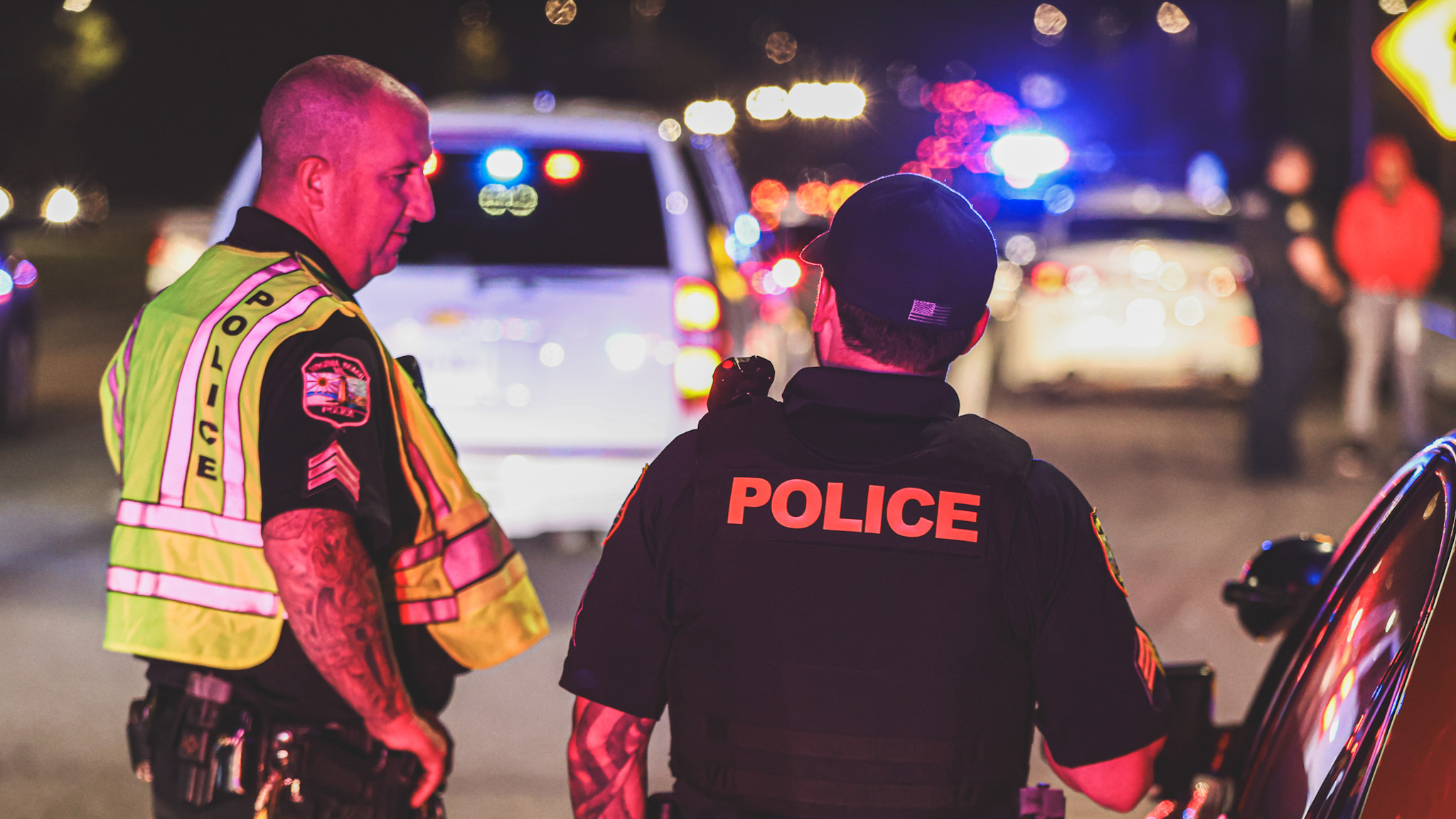
Virginia Beach Police’s first wellness coordinator has been on the job for about a month, working with officers to address mental health needs and manage “total well-being initiatives.”
Jessica Huffman, who will finish licensing requirements to become a licensed professional counselor in January, works on employee wellness programs, internal educational campaigns on health topics and various trainings for the department. The position pays $67,385 a year.
“This is really what we need in the organization and we're seeing it with all the other police departments as well,” Chief Paul Neudigate told WHRO. “Especially … large police departments are really embracing the wellness perspective. It's the future and it's critical to the organization.”
Virginia Beach’s position combines a number of needs departments may traditionally seek from nonprofits or other professionals outside the department. Bringing in people from outside the department can make it hard to build trust in a sensitive environment.
“Me being there can hopefully eliminate some of the stigma of mental health equals ‘I'm getting in trouble,’ equals ‘I'm getting my gun and badge taken away,’ and remove that stress of trying to find something on your own in a busy, busy career when you're burned out,” Huffman said.
Huffman has never been a first responder or law enforcement officer, but comes from a family of first responders. She also completed the crisis intervention training all Virginia Beach officers are required to take. .
“Therapists [and] clinicians don't really know … what it really is like to work in public safety, and then public safety doesn't know too much what it's like to work in the mental health world,” she said. “But … we're working for the same thing. How can we make this work? Because we're all so passionate about it.”
Huffman said a lot of her first month has been spent learning what resources already exist in the Virginia Beach police department and finding models across the country for other police forces that have a staff clinician like her.
Earlier this year, Norfolk tackled office mental health differently. They set aside $750,000 for their police officers to access wellness services and mental health care. Part of the money was for traditional behavioral health needs, like finding therapists or other providers.
The other portion of the money was for a contract with a holistic wellness center that provides “daily personal fitness training, weekly biofeedback scans and mental reframing” as well as regular “holistic wellness treatments” customized for first responders.
The center also offers chiropractic care, massage therapy, electromagnetic field therapy sessions and infrared saunas.
Norfolk’s money was a one-time spend. Virginia Beach’s solution created a new position, which is typically ensured in future city budgets.
Plus, Neudigate said he chose his approach to respond more directly to his officers’ needs.
“What we have seen at least for our department, in light of (the 2019 mass shooting) and some of the traumatic incidents that our officers have been exposed to, that there is definitely a need for the clinical piece, the clinical assessment,” he said.
Neudigate expects having a staff clinician could help with recruitment and retention, especially among millennial officers and recruits.
“We've always tried to take care of our people, but … nobody was looking at it holistically,” Neudigate said. “That's why we wanted this position.”





